SoftBank today announced its intent to purchase a historic $2 billion worth of Intel shares—a roughly 2% stake—making it one of the largest shareholders of the American chipmaker. However, the Financial Times reports that just days before the deal was inked, Softbank actually considered buying Intel's foundry division outright.
This follows another unprecedented report that the White House is considering a 10% stake in Intel, utilizing grants from the CHIPS Act and converting them into equity.
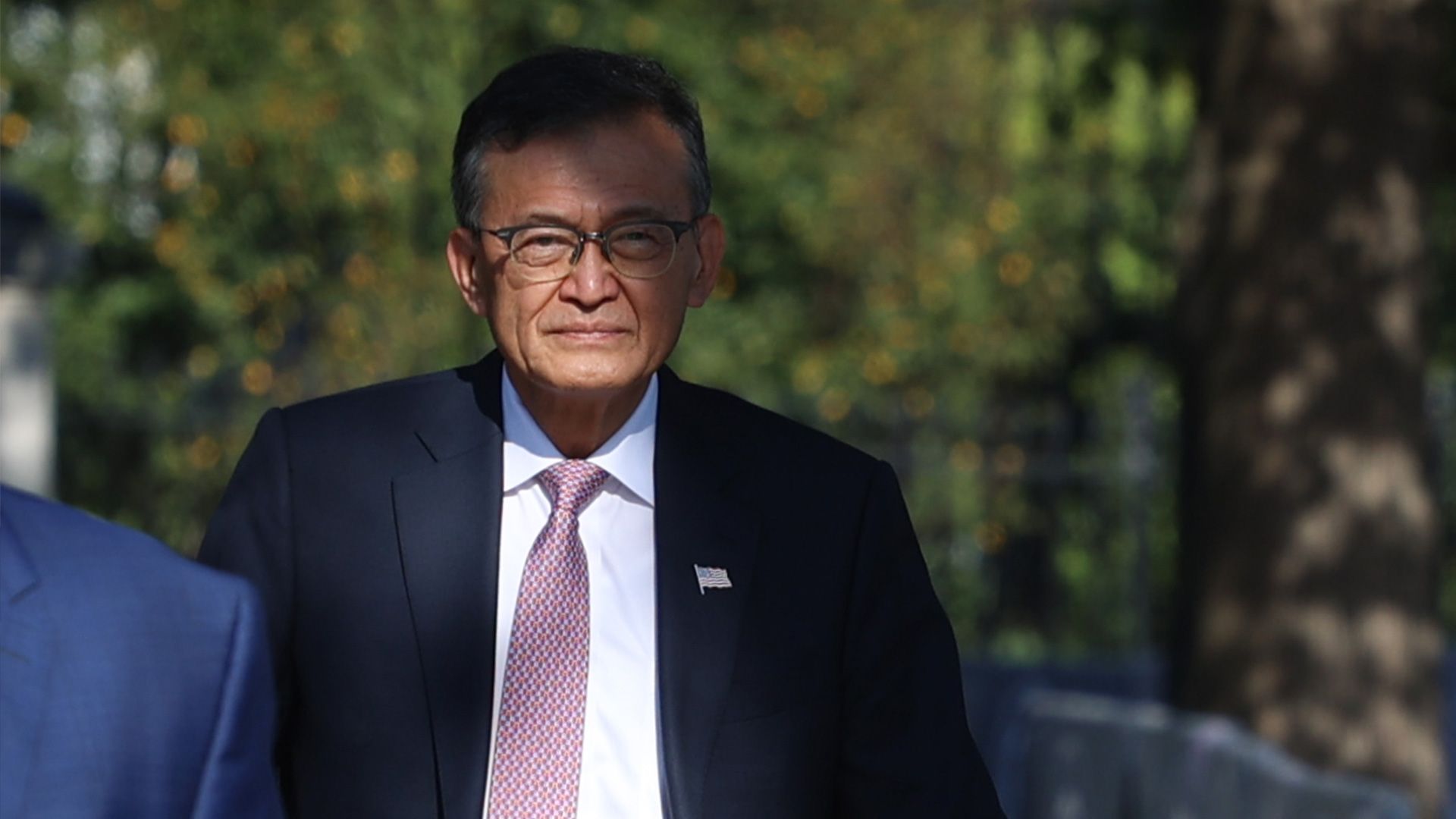
SoftBank is a Japanese financial institution that owns a majority stake in semiconductor IP developer Arm and already has close ties with the Trump administration thanks to the Stargate project. For those out of the loop, that's a $500 billion promise to build AI infrastructure in the U.S. that would purportedly create 100,000 jobs, bolster American chipmaking, and make the country the clear leader in bleeding-edge AI applications.
SoftBank already owns 40% of that project and is now set to own 2% of Intel, marking a significant investment in the promise of a turnaround for the beleaguered company and its geopolitical importance in keeping bleeding-edge semiconductors local to America.
Lip-Bu Tan also served as a board member for SoftBank till 2022, and left amidst the company's own set of challenges following a few miscalculated investments.
Years later, Son is now investing in Intel. "Masa and I have worked closely together for decades, and I appreciate the confidence he has placed in Intel with this investment," said Tan. This endeavor aligns with SoftBank's broader strategies geared toward expanding its presence in the AI market and gaining a foothold in emerging technologies.
Previously, SoftBank invested heavily in Nvidia, owning about 4.9% of the company, but it sold those shares in 2019 when Nvidia's share price was in a downturn. After losing out on billions in gains in recent years when Nvidia began its meteoric rise, Softbank increased its investment in Nvidia to $3 billion at the beginning of 2025.
As part of its Project Izanagi initiative, Softbank reportedly explored fabricating an AI accelerator of its own with Intel in 2024, but due to a lack of confidence in Intel meeting its performance and volume projections, Softbank pivoted to TSMC for its foundry needs. SoftBank also acquired Graphcore for its AI accelerator IP as part of its larger strategy.
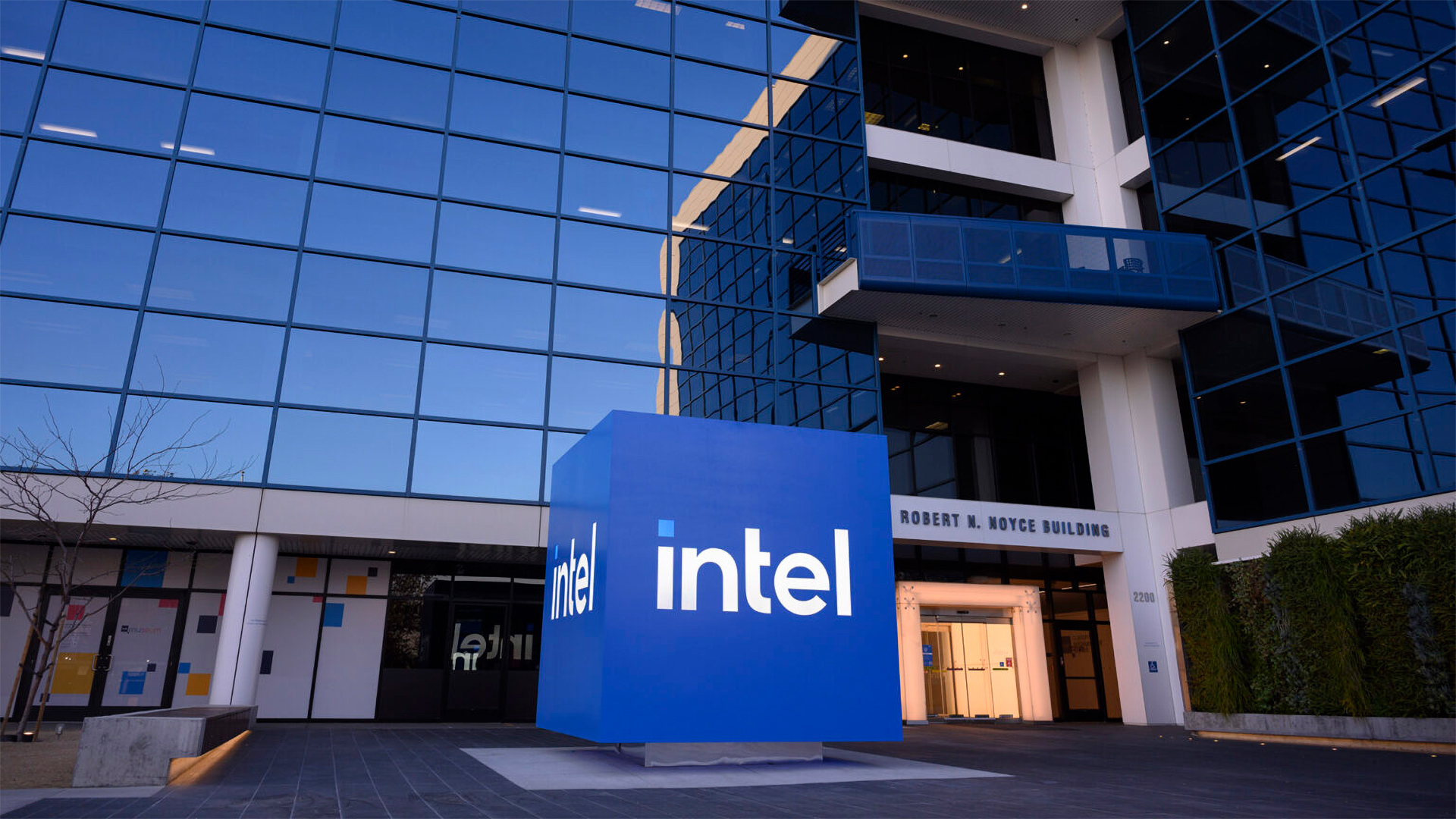
Right now, Intel's foundry business is struggling as its next-gen 18A and 14A process nodes are on the chopping block (the former for external customers) if it can't secure enough customer commitments. Intel has, however, reiterated that it is its own biggest customer and that the company is committed to chip manufacturing.
SoftBank's $2 billion stake in Intel demonstrates a great deal of trust in Tan's leadership, but Son's history of questionable investment choices means a resurgent Intel is far from a sure thing. Intel has also lost out to Nvidia in the AI race and continues to lose ground in both the consumer x86 and server markets to AMD. Whether Trump's and Son's interventions in the fate of the company are enough to save it remains to be seen.
Follow Tom's Hardware on Google News to get our up-to-date news, analysis, and reviews in your feeds. Make sure to click the Follow button.

 3 months ago
67
3 months ago
67
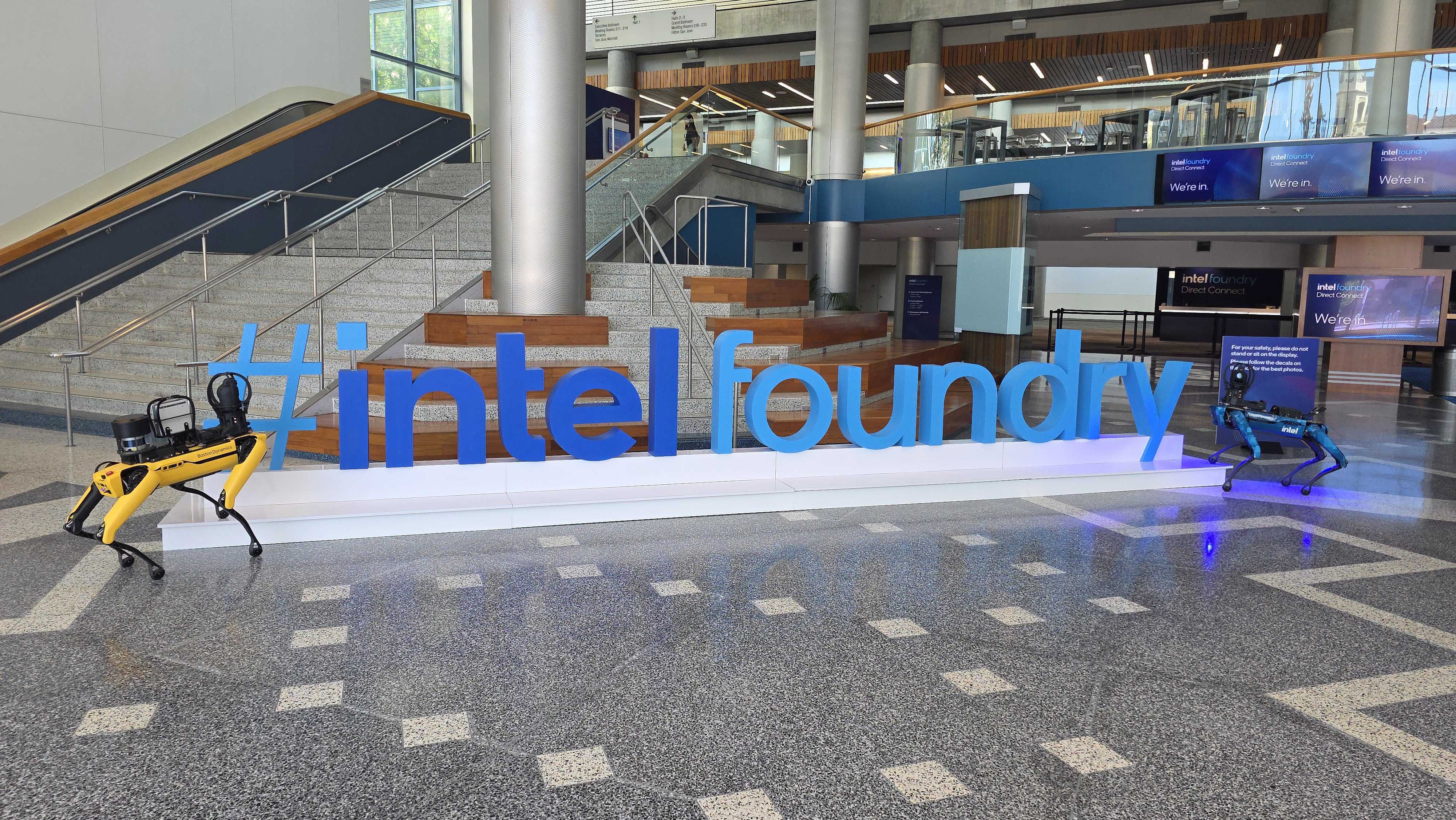
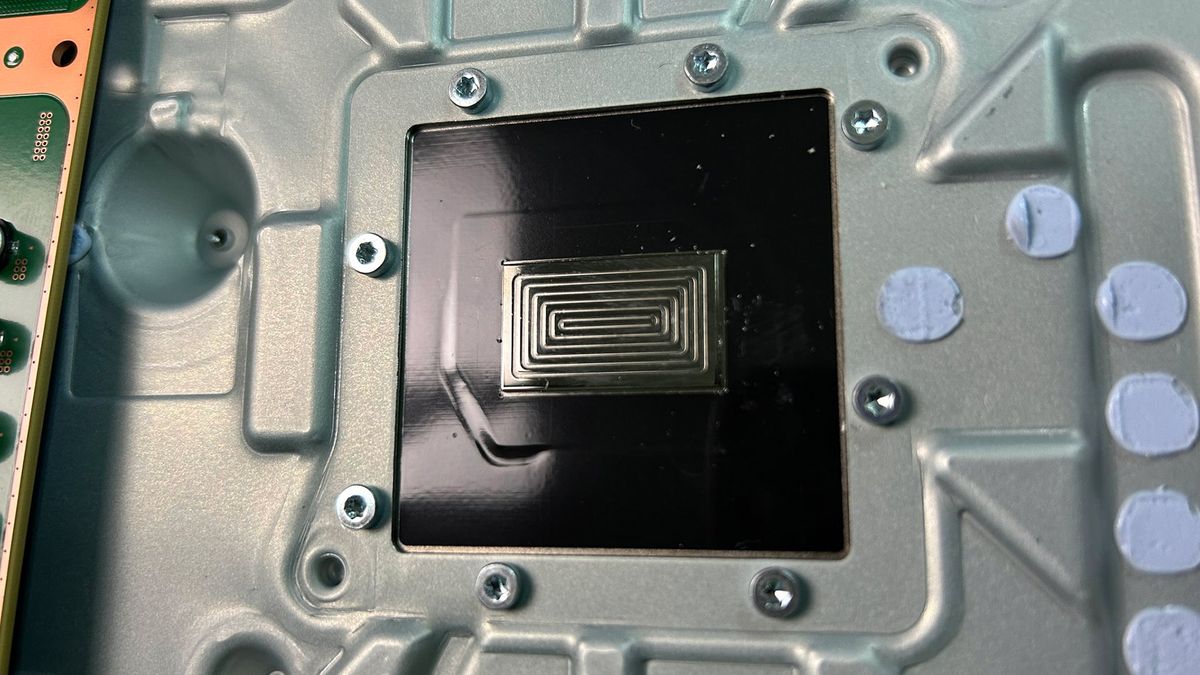
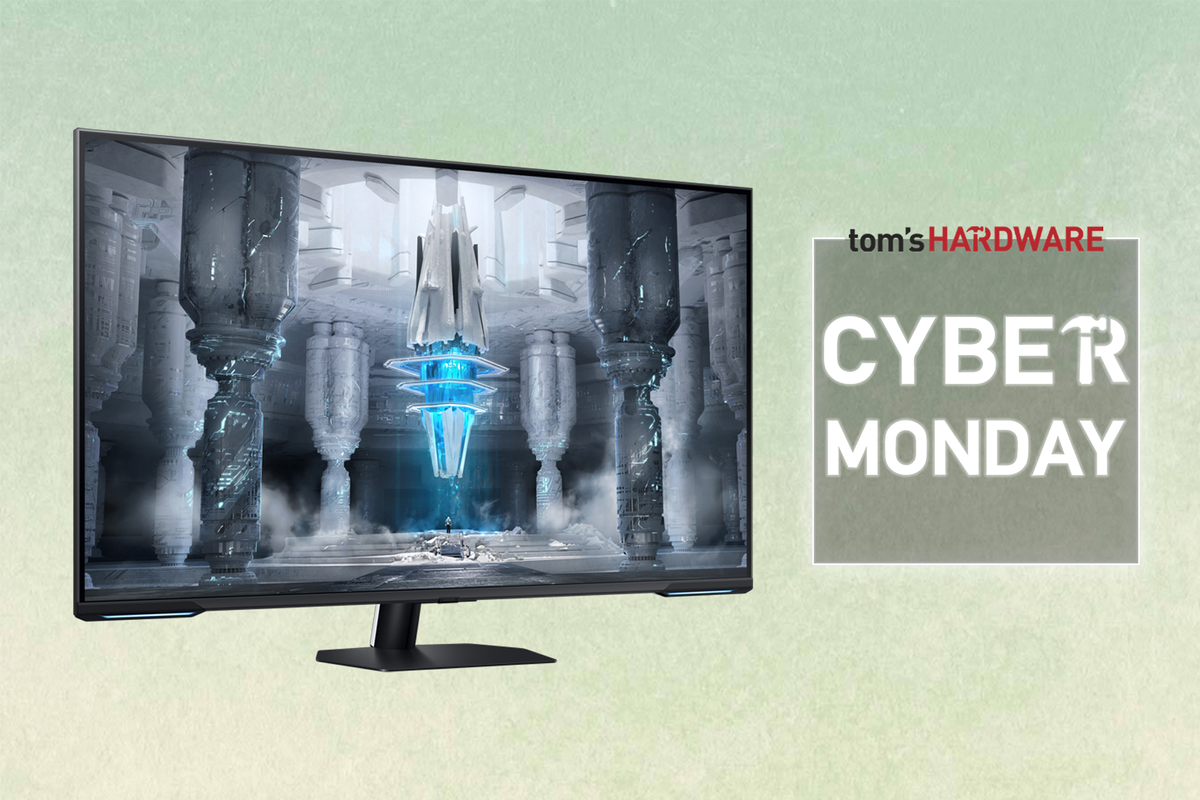
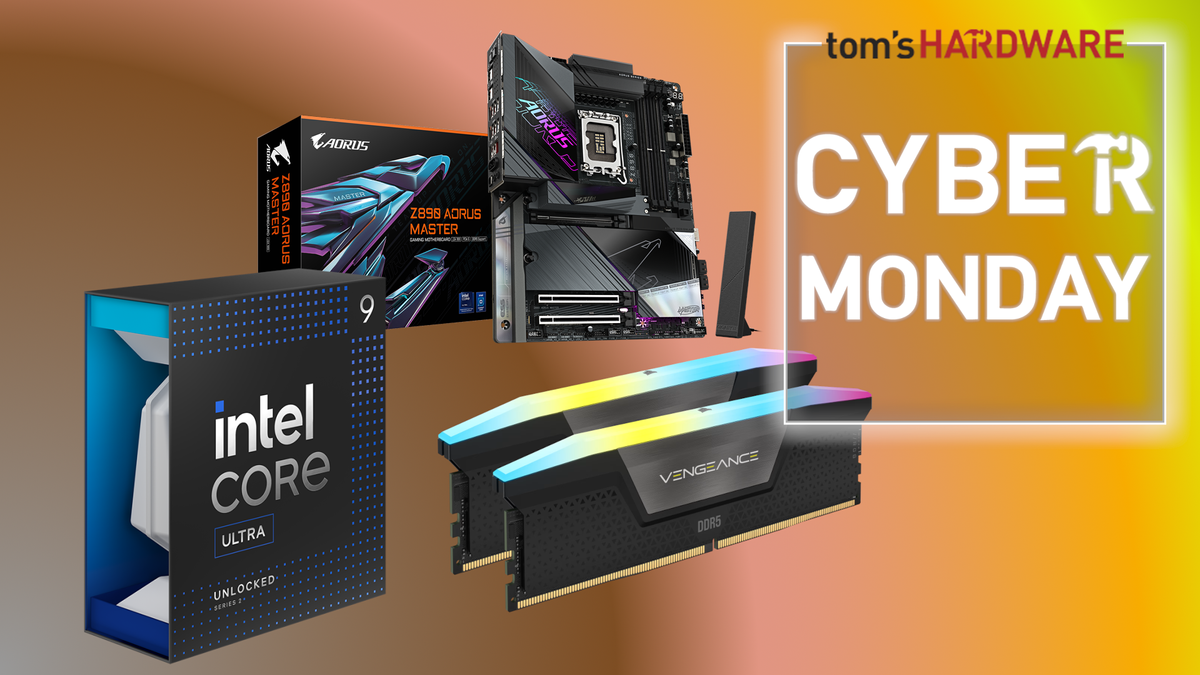


 English (US) ·
English (US) ·